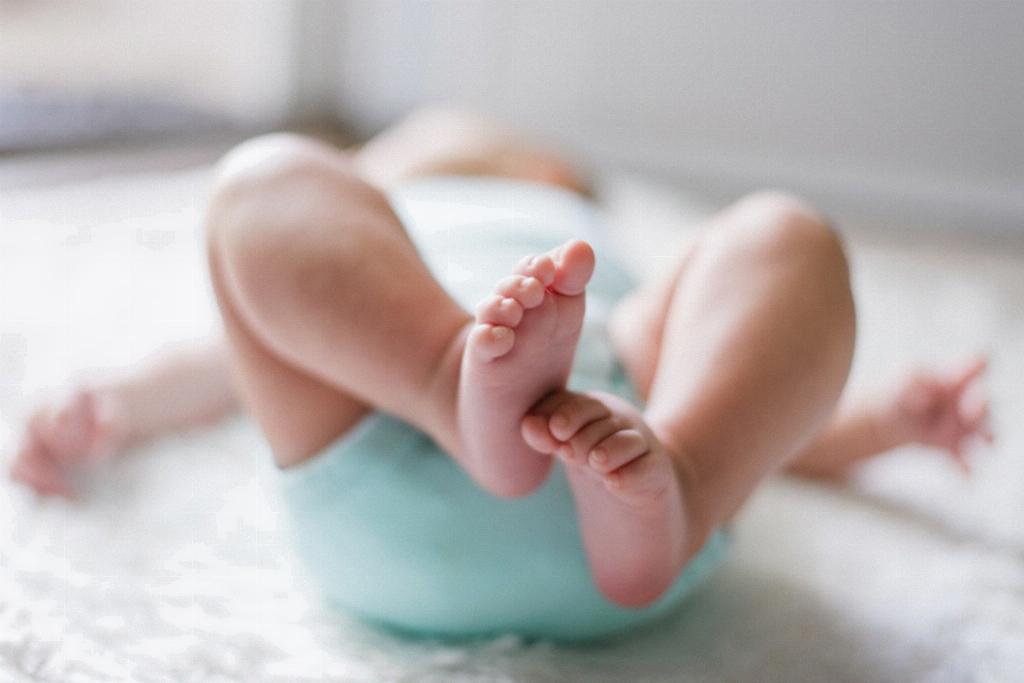When you’re in the early stages of pregnancy, you may find yourself wondering about how sex feels during this time. It’s completely normal to have concerns and questions about this aspect of your life during such a significant period of change. Let’s explore the various aspects of how sex can be experienced during early pregnancy.
1. Changes in Libido
One common aspect of early pregnancy is fluctuations in libido. Some individuals may experience an increase in sex drive due to hormonal changes, while others may feel a decrease in desire. It’s essential to communicate openly with your partner about your feelings and needs during this time.
2. Physical Sensations
Physically, sex during early pregnancy can feel different for each person. Increased blood flow to the pelvic area can enhance sensations, making sex more pleasurable for some individuals. However, hormonal changes and physical discomforts such as breast tenderness or nausea may also impact how sex feels.
3. Emotional Connection
Engaging in intimate activities with your partner during early pregnancy can deepen the emotional connection between you. The shared experience of embarking on this journey together can strengthen your bond and provide comfort and support during a time of significant changes.
4. Changes in Sensitivity
During early pregnancy, the breasts and genital area may become more sensitive due to hormonal changes. This heightened sensitivity can enhance pleasure for some individuals but may also lead to discomfort or pain during sexual activity.
5. Communication with Your Partner
Open communication with your partner is vital when it comes to navigating sex during early pregnancy. Discussing your concerns, preferences, and any physical or emotional changes you’re experiencing can help ensure that both partners feel comfortable and supported.
6. Physical Discomforts
Some pregnant individuals may experience physical discomforts during sex, such as mild stomach cramps or contractions. These sensations are typically normal but should be discussed with your healthcare provider if they persist or become severe.
7. Position Options
Exploring different sexual positions during early pregnancy can help you find one that is comfortable and enjoyable for both partners. Experimenting with positions that alleviate pressure on the abdomen or breasts can make sex more pleasurable and reduce discomfort.
8. Importance of Relaxation
Creating a relaxed and comfortable environment for intimacy is crucial during early pregnancy. Taking time to relax, engage in foreplay, and communicate openly with your partner can help you both feel more at ease and enhance the overall experience.
9. Psychological Factors
Psychological factors, such as stress, anxiety, or body image concerns, can also influence how sex feels during early pregnancy. Engaging in activities that promote relaxation, such as meditation or gentle exercise, can help alleviate these factors and improve intimacy.
10. Seeking Support
If you’re experiencing difficulties or discomfort with sex during early pregnancy, don’t hesitate to seek support from your healthcare provider. They can offer guidance, address any concerns, and provide recommendations to help you navigate this aspect of your pregnancy journey.
11. Embracing Changes
Embracing the changes in your body and sexual experiences during early pregnancy is an essential part of this transformative time. Being patient, understanding, and compassionate with yourself and your partner can help you adapt to these changes and strengthen your connection.
12. Conclusion
In conclusion, how sex feels during early pregnancy can vary widely among individuals and may be influenced by physical, emotional, and psychological factors. By prioritizing open communication, relaxation, and mutual understanding with your partner, you can navigate this aspect of pregnancy with confidence, respect, and care.

